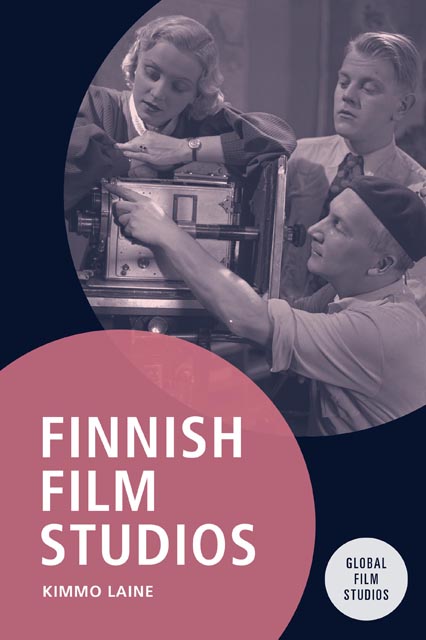3 - Minors and independents
Published online by Cambridge University Press: 13 April 2023
Summary
Effective as it was, the dominance of the major studios was never total. Despite the difficulties in working outside the big companies, some of the minors and independents managed to achieve a relatively considerable output, and, in fact, some of the established classics of the studio era were made outside of the big studios (for example Juha, 1937, The White Reindeer, 1952, as well as all the films by Teuvo Tulio). While some of the competing minor and independent companies were established specifically for producing feature films, others were distributors or short-film producers, who tried their luck in feature film with varying success. Still others, like Teuvo Tulio, were independent producer-directors.
Some of the difficulties encountered by non-majors were obvious. While the majors had permanent studios with permanent, professionally skilled staff and up-to-date technology, the independents often had to rely on old cameras, ad hoc studios, small crews and overall small budgets. Also, just as in Hollywood, distributing and exhibiting films was always more difficult for the independents than it was for the majors, and the deals made with distributors and exhibitors rarely favoured the independent producers. This chapter charts the challenges (lack of money and facilities) as well as the benefits (creative freedom) of working on the outskirts of studio production. Case studies include the production histories of the experimental adventure film The Stolen Death (1938) by Nyrki Tapiovaara, the characteristically excessive melodrama The Way You Wanted Me (1944) by Teuvo Tulio, the poetic fantasy film The White Reindeer (1952) by Erik Blomberg and the modernist ‘walking film’ The Glass Heart (1959) by Matti Kassila.
Major, minor, independent, amateur
There was often a thin line between major, minor and independent studios. As we have seen in the previous chapter, vertical integration was not always a necessary requirement for a major company. Of the three majors, Suomi-Filmi and Fennada-Filmi were fully integrated with production, distribution and exhibition branches, whereas Suomen Filmiteollisuus concentrated mainly on producing and distributing its own films. However, the long-term contract with Adams-Filmi ensured that high-quality venues were always available for Suomen Filmiteollisuus, too.
The majors had other means to secure their oligarchy besides integrating vertically. In addition to dominating many of the trade organisations, the majors also either owned or at least controlled the most modern and best-equipped film laboratories.
- Type
- Chapter
- Information
- Finnish Film Studios , pp. 30 - 69Publisher: Edinburgh University PressPrint publication year: 2022



